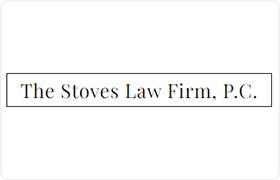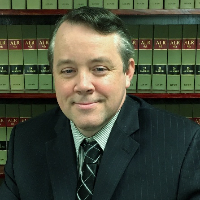Toney White Collar Crime Lawyer, Alabama
Sponsored Law Firm
-
 x
x

Click For More Info:
-
The Stoves Law Firm, P.C.
9 Office Park Cir Suite 105 Birmingham, AL 35223» view mapCriminal Defense Legal Expertise You Can Rely On
The Stoves Law Firm, P.C. provides outstanding Criminal Defense and Litigation services to individuals and businesses throughout the State of Alabama.
800-818-9390
Not enough matches for Toney White Collar Crime lawyer.
Below are all Toney Criminal lawyers.
Shannon Matthew Moore
✓ VERIFIEDEstate Planning, Divorce, Personal Injury, Criminal, Mass Torts
We are dedicated to maximizing results for our clients!
Shannon Moore was born in Huntsville, Alabama. He is a graduate of Grissom High School and he received his undergraduate degree from the University of... (more)
FREE CONSULTATION
CONTACTFREE CONSULTATION
CONTACTJennifer Halsey Castro
Personal Injury, Family Law, Immigration, Criminal
Status: In Good Standing Licensed: 14 Years
John Garland Butler
Health Care Other, Estate, Criminal, Civil Rights
Status: In Good Standing Licensed: 42 Years
Thomas Avery Littrell
Traffic, Child Custody, Divorce & Family Law, White Collar Crime
Status: In Good Standing Licensed: 10 Years
Bruce Alan Gardner
Mass Torts, White Collar Crime, Criminal
Status: In Good Standing Licensed: 45 Years
 Jay Stoves Birmingham, AL
Jay Stoves Birmingham, AL Practice AreasExpertise
Practice AreasExpertise

